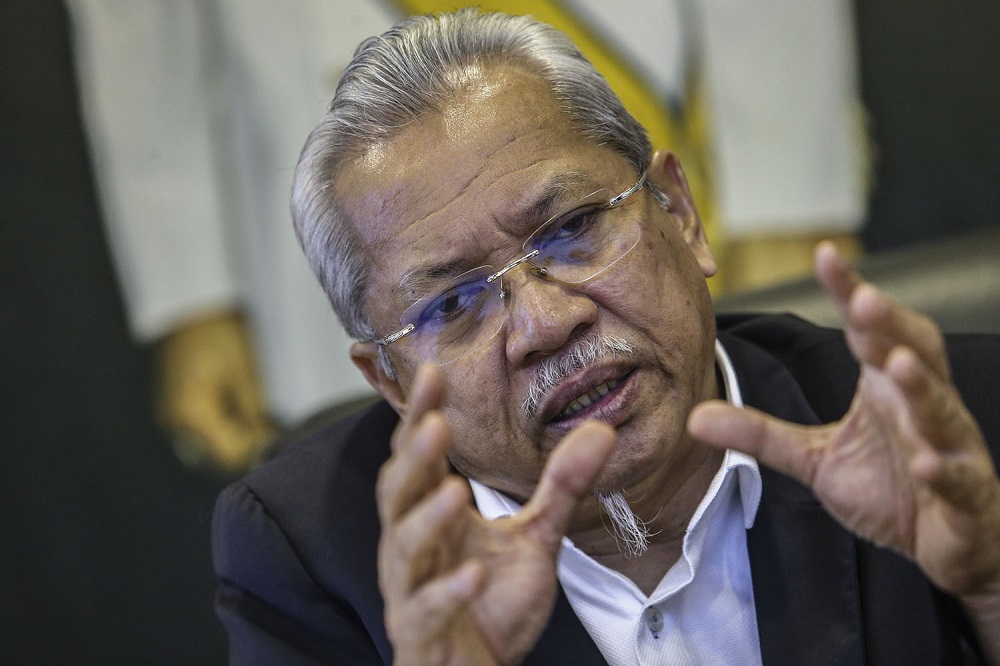KUALA LUMPUR, Feb 17 — Umno secretary-general Tan Sri Annuar Musa said the party must treat the issues surrounding the Unified Examination Certificate (UEC) as a Malaysian problem instead of looking at it as an ethnic-centric problem.
In an interview with Malay Mail, the Ketereh MP who is a staunch campaigner for UEC even when Barisan Nasional's (BN) was the government of the day cautioned that it is the nation that stands to lose the most, if it continues to deny UEC qualifiers places in public universities and the civil service.
He said it was time for Umno to be pragmatic and look at how it can contribute to finding a solution to the long-impending problem.
Annuar also pointed out that there are many non-Chinese students who have also taken the UEC.
“Umno must not treat UEC as a Chinese problem. It is a Malaysian problem.
“In fact, I met some Malay students who also took the UEC,” Annuar said.
He was responding to a question as to whether his open support for UEC had hampered Umno's popularity among the Malay community.
“I always believe Umno must be pragmatic, realistic, but that does not mean we are running away from policies we created. I always believe Umno must reflect on the needs and desires of the rakyat, not just the Malays. Umno must accept that fact ... Umno cannot be a standalone party,” Annuar said.
He said Umno cannot afford to be “chauvinistic”, “racist”, and be ignorant of the real state of affairs in the country, and must position itself to really feel the pulse of every Malaysian.
Annuar said the current government should take swift action to address the problem, adding that he himself has already done much legwork by holding discussions with both Malay and ethnic Chinese educationists.
He said there were no credible reasons apart from issues pertaining to UEC's Bahasa Malaysia and History subjects, which he admitted were inconsistent with the national education policy’s spirit.
However, Annuar believes such minor issues can be solved.
He said UEC graduates come from a quality education system.
“We rejected them, so they become outside of the system. So then, they will have a feeling among the students that they are not wanted by their own country or being discriminated, to put it in more extreme words,” he added.
He said Malay educationists should not be worried if more parents opt for a Chinese vernacular education for their children, pointing out how some middle-class Malays have been opting for private and international schools.
“We should not worry if more people send their children to attend Chinese schools. As long as their (the schools) minimum requirement in terms of conformity to the national education policy is adequate. To me, that’s enough. That’s more than enough,” he said, reminding that Chinese-medium schools are still operating within the framework of the Federal Constitution.
Chinese independent secondary schools are private institutions reliant on donations and financial support from the ethnic Chinese community, but some of their students also sit for examinations from the national school syllabus.
In Budget 2019, Putrajaya directly allocated RM12 million to upgrade Chinese independent schools as part of a RM652 million fund for the same in 10 other types of schools.



















